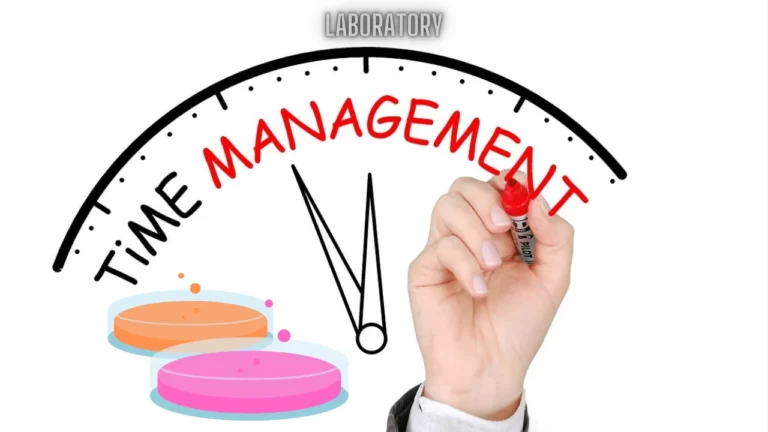Laboratory time management is extremely important for people who work in labs. They have a lot of tasks, experiments, and projects to handle, so it’s essential for lab professionals to find effective ways to use their time well. By using practical techniques & strategies, they can increase their productivity, lower their stress levels, and achieve better outcomes. In this blog post, we will look at some time management techniques that are specifically designed for lab professionals.

Introduction: The Importance of Time Management in Lab Settings
In a laboratory setting, time management plays a critical role in ensuring efficient operations and successful outcomes. Lab professionals often juggle multiple experiments, data analysis, documentation, and collaboration with colleagues. Effective time management allows them to allocate their time wisely, prioritize tasks, and maintain focus on important projects. By optimizing their time management skills, lab professionals can enhance productivity, meet deadlines, and achieve work-life balance.
Prioritizing Tasks: The Eisenhower Matrix Approach
Prioritizing tasks is essential for lab professionals, and the Eisenhower Matrix is a helpful approach. This tool helps them categorize their tasks into four groups:
Urgent and Important: These tasks need immediate attention & are the top priority. They could involve critical experiments, time-sensitive analyses, or urgent reports.
Important but Not Urgent: These tasks are significant for long-term goals but don’t need immediate action. Lab professionals should set aside enough time to plan & execute them effectively.
Urgent but Not Important: These tasks might seem urgent but don’t contribute much to the overall goals. Lab professionals should either delegate them to others or minimize the time spent on them.
Not Urgent and Not Important: These tasks are low-priority & should be avoided or eliminated to avoid wasting valuable time.
By using the Eisenhower Matrix, lab professionals can prioritize their tasks effectively & focus on what really matters.
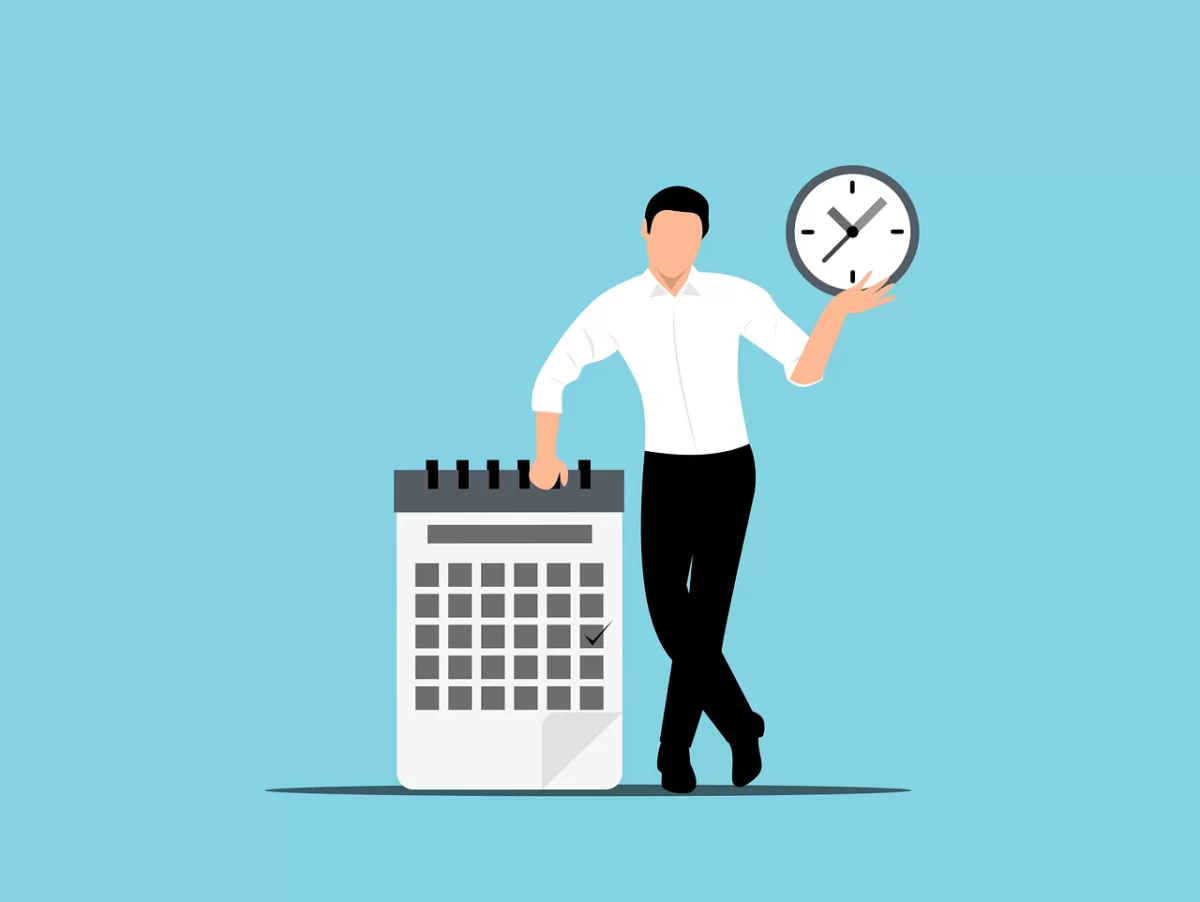
Setting SMART Goals for Lab Projects
Lab professionals need to set SMART goals for effective time management. SMART stands for Specific, Measurable, Achievable, Relevant, and Time-bound. By setting SMART goals, lab professionals can establish clear objectives for their experiments or projects. SMART goals provide a clear direction, aid in planning, and allow for progress tracking. For instance, a SMART goal could be “Finish data analysis for Experiment X within three days.” This goal is specific, as it identifies the task of data analysis for a particular experiment. It is measurable, as it can be determined whether the analysis is complete or not. It is achievable within a realistic timeframe, relevant to the experiment, and time-bound, with a clear deadline of three days.
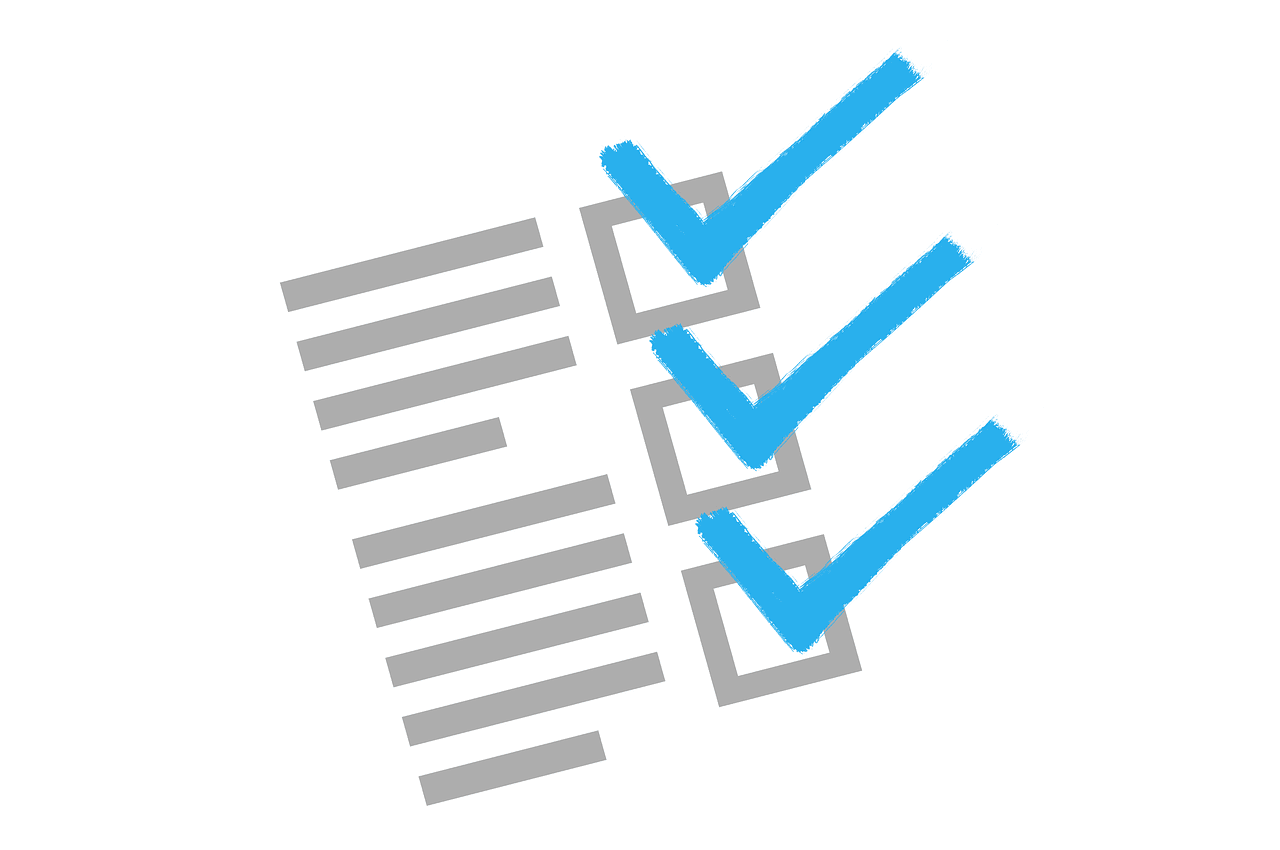
Breaking Down Projects into Manageable Steps
Complex lab projects can often feel overwhelming. Breaking them down into smaller, manageable steps makes them more approachable. Lab professionals can create a detailed plan by dividing their projects into subtasks & setting deadlines for each. This approach allows for better organization & accomplishment as milestones are achieved.
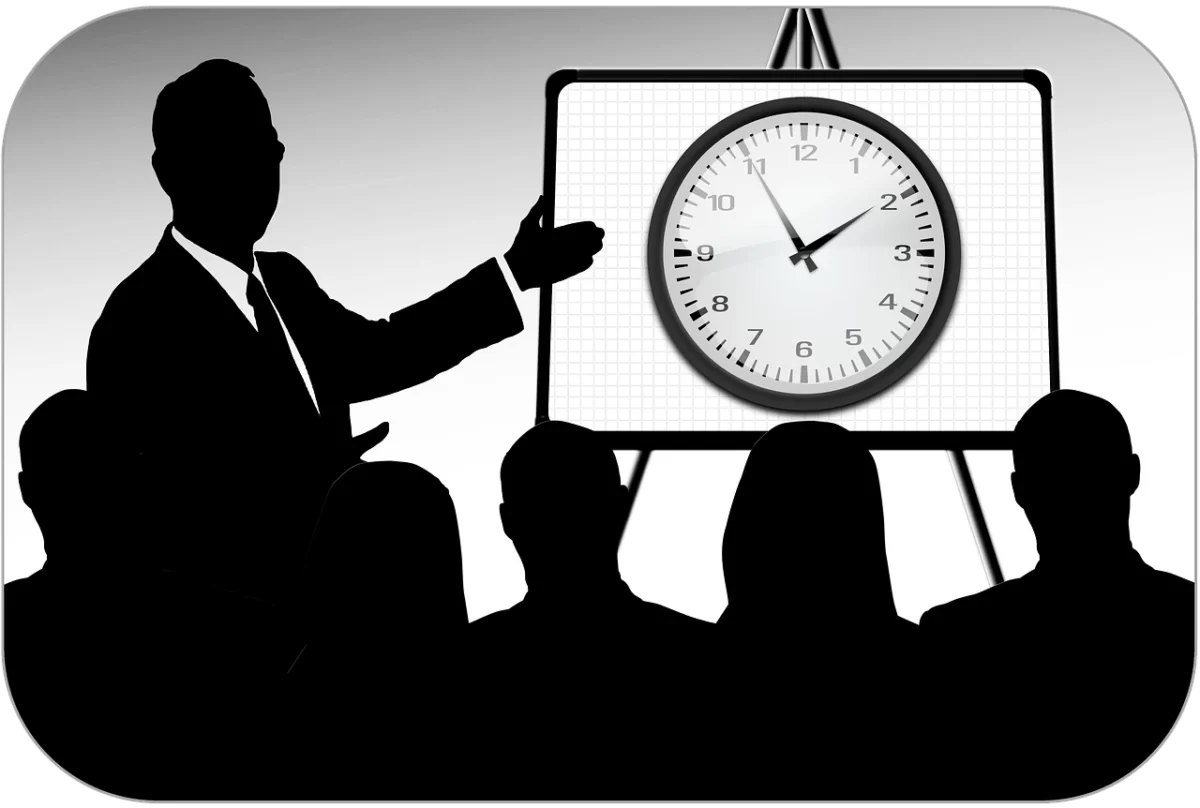
Utilizing a Calendar or Planner System
A calendar or planner system is a valuable tool for lab professionals to manage their time effectively. By recording important deadlines, meetings, and milestones, they can visualize their schedule & allocate time accordingly. Electronic calendars & planner apps with reminder features can provide additional benefits, ensuring important tasks are not overlooked.

Implementing the Pomodoro Technique for Focused Work
The Pomodoro Technique is a widely used time management method that encourages concentrated work & regular breaks. Lab professionals can utilize this technique by setting a timer for 25 minutes, which is called a “Pomodoro,” and dedicating their complete focus to work during that time. After each Pomodoro, they can take a short break of 5 minutes. Once they complete four Pomodoros, they can reward themselves with a longer break of 15-30 minutes. This technique helps enhance productivity while preventing burnout by balancing work & rest periods effectively.

Minimizing Distractions in the Lab Environment
The lab environment can be filled with distractions that hinder productivity. Lab professionals should identify common distractions, such as social media notifications, personal phone calls, or unnecessary conversations. By minimizing or eliminating these distractions, they can maintain focus & accomplish tasks efficiently.
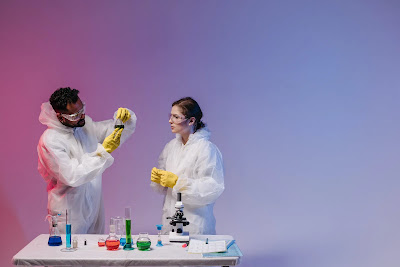
Delegating Tasks and Collaborating with Team Members
Lab professionals should recognize the value of collaboration & delegation. By effectively delegating tasks to colleagues or team members, they can distribute the workload, save time, and utilize everyone’s expertise. Delegation fosters teamwork, enhances efficiency, and allows lab professionals to focus on their core responsibilities.

Practising Effective Communication and Time Estimation
Clear & timely communication is essential for efficient time management in lab settings. Lab professionals should establish effective communication channels with colleagues, supervisors, and support staff. Additionally, they should improve their time estimation skills to accurately assess the duration required for specific tasks, experiments, or analyses.

Creating a Well-Organized Workspace
A well-organized workspace promotes productivity and reduces time wasted searching for materials or equipment. Lab professionals should maintain a clean and orderly lab bench, properly labelled containers, and a systematic storage system. A clutter-free workspace improves efficiency and ensures easy access to essential tools & supplies.

Using Technology Tools for Time Tracking and Task Management
Various technology tools can assist lab professionals in managing their time effectively. Time-tracking apps or software can help monitor the time spent on different tasks, projects, or experiments. Task management tools, like project management software or to-do list apps, help laboratory professionals effectively organize their work, prioritize tasks, and keep track of their progress. These tools are vital in enabling efficient workflow management within the lab environment.

How to Be Proactive and Avoid Procrastination
Procrastination can significantly impact productivity & time management. Lab professionals should adopt a proactive mindset and tackle tasks promptly. They can break tasks into smaller, more manageable portions, set realistic deadlines, and utilize time management techniques to overcome procrastination tendencies.
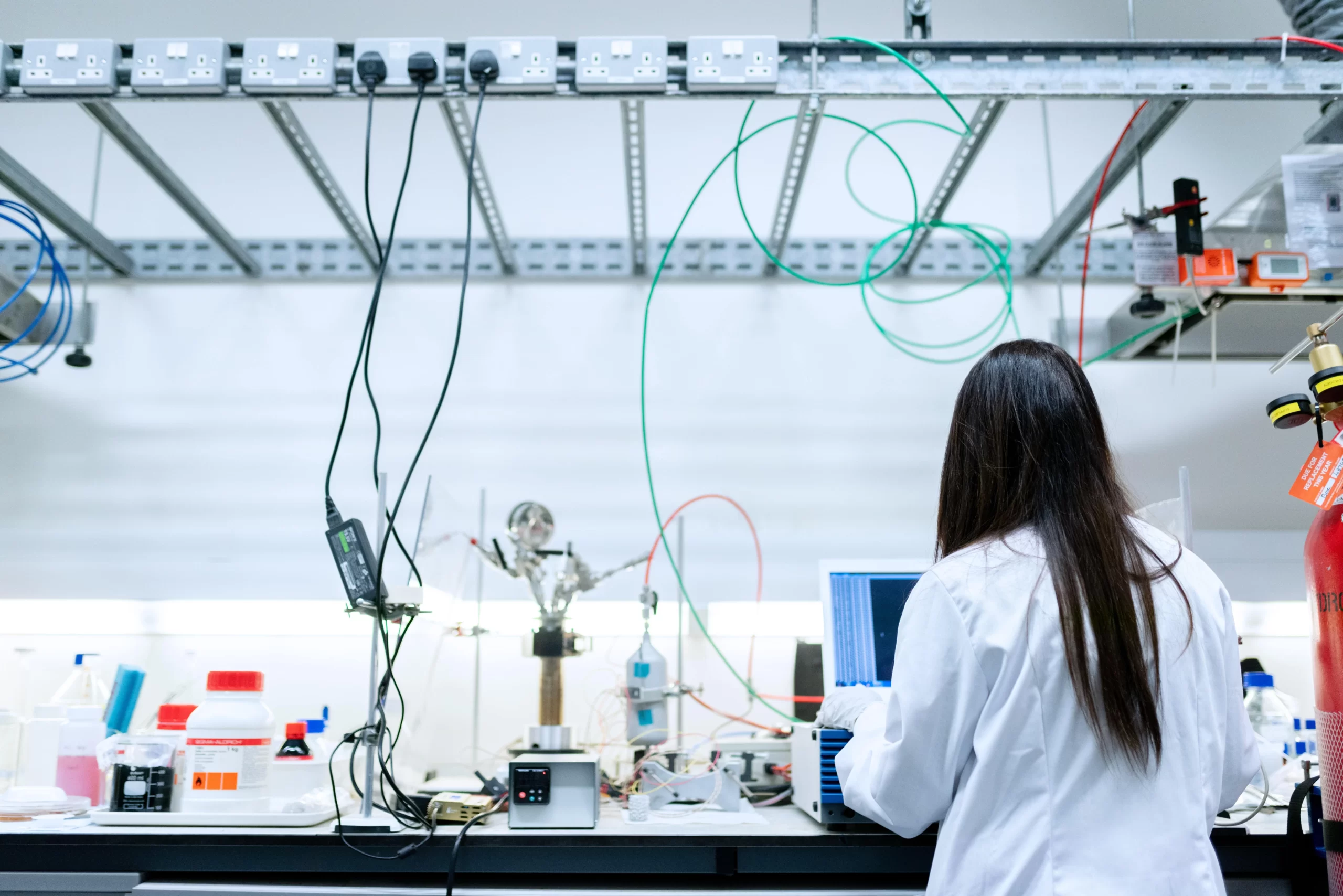
Taking Regular Breaks for Rest and Renewal
While it may seem counterintuitive, taking regular breaks is vital for maintaining productivity & preventing burnout. Lab professionals should incorporate short breaks into their work routine to rest & rejuvenate. Stepping away from the lab environment for a few minutes allows the mind to recharge & can lead to improved focus and efficiency upon returning to work.
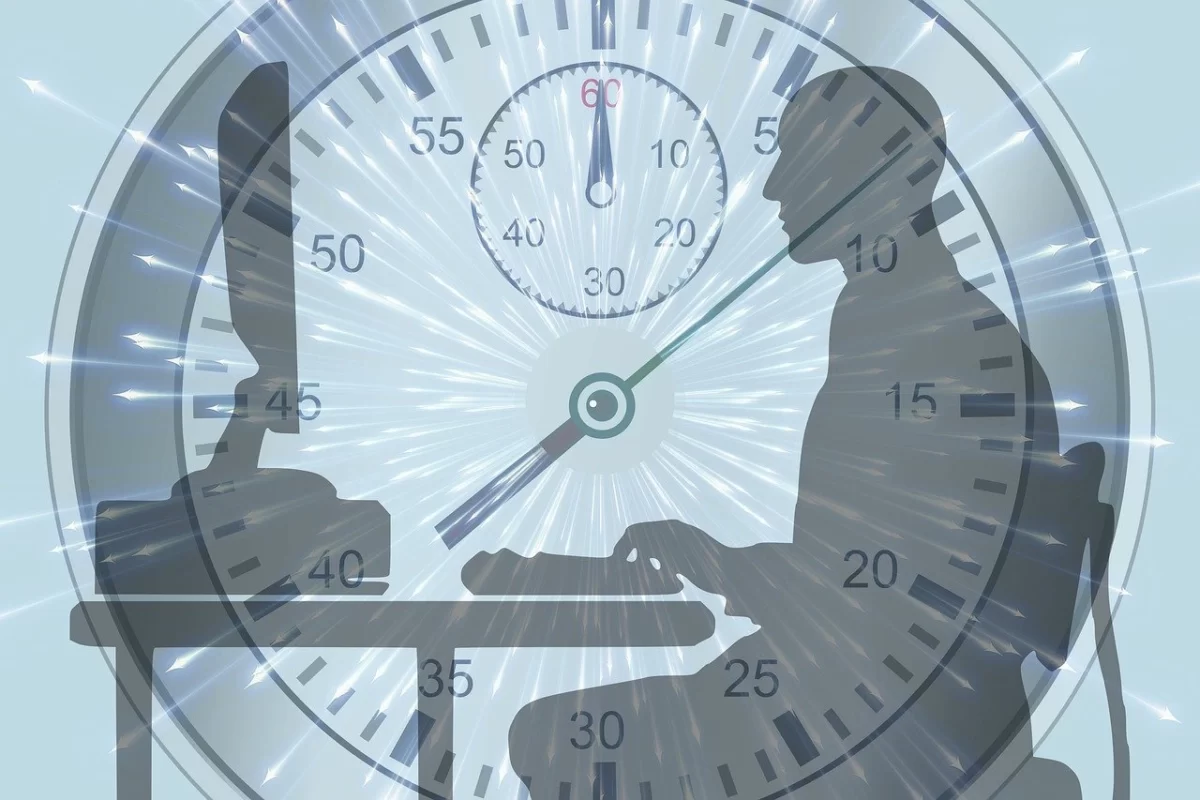
Setting Boundaries and Learning to Say No
Lab professionals often face multiple demands and requests from colleagues or supervisors. To manage their time effectively, setting boundaries and learning to say no when necessary is essential. By prioritizing their workload & communicating their limitations, lab professionals can avoid overcommitment & ensure they have adequate time for critical tasks.

Reflecting and Evaluating Progress
Regular reflection and evaluation are essential for continuous improvement in time management. Lab professionals should regularly assess their performance, identify areas for improvement, and adapt their strategies accordingly. By reflecting on past experiences, they can enhance their time management skills and boost productivity.
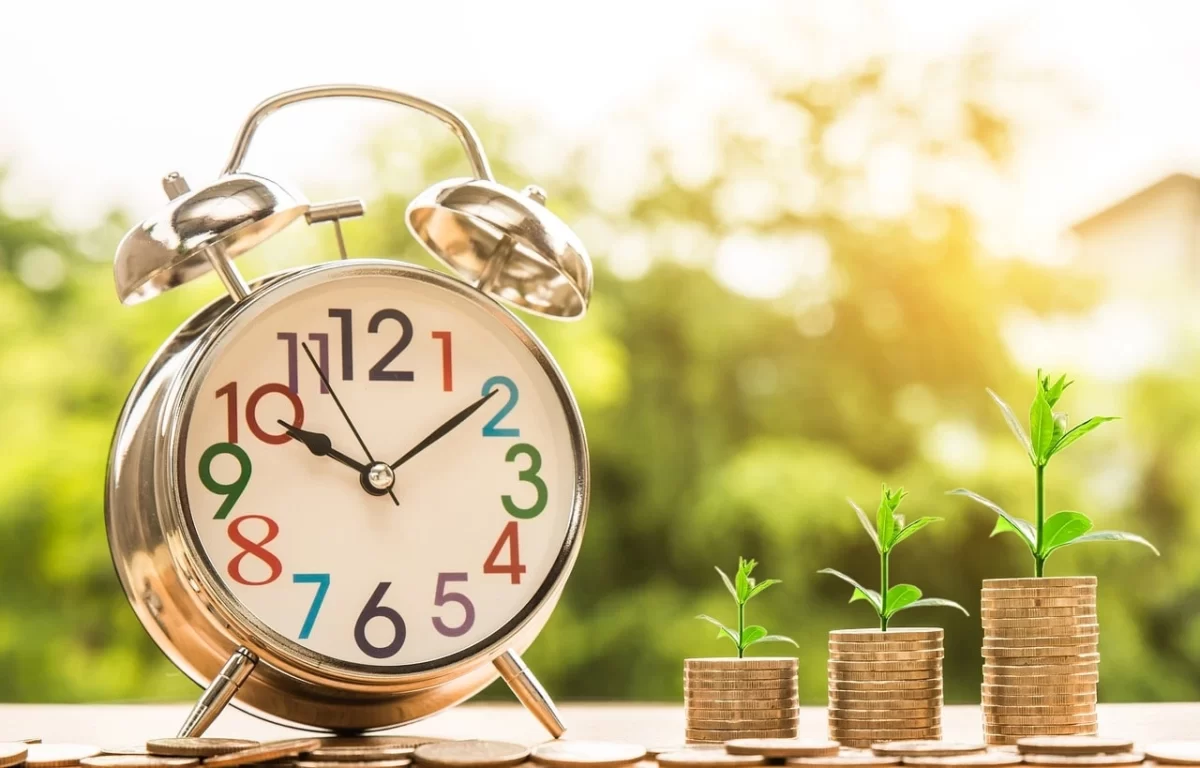
Conclusion
Effective laboratory time management is paramount for lab professionals to excel in their work. By incorporating the mentioned techniques like task prioritization, setting SMART goals, utilizing time-tracking tools, and taking regular breaks, lab professionals can enhance their productivity, minimize stress, and achieve a healthier work-life balance. Developing effective time management skills is a continuous journey that necessitates self-awareness, discipline, and adaptability. By investing in effective time management, lab professionals can enhance their performance & contribute to successful scientific endeavours.
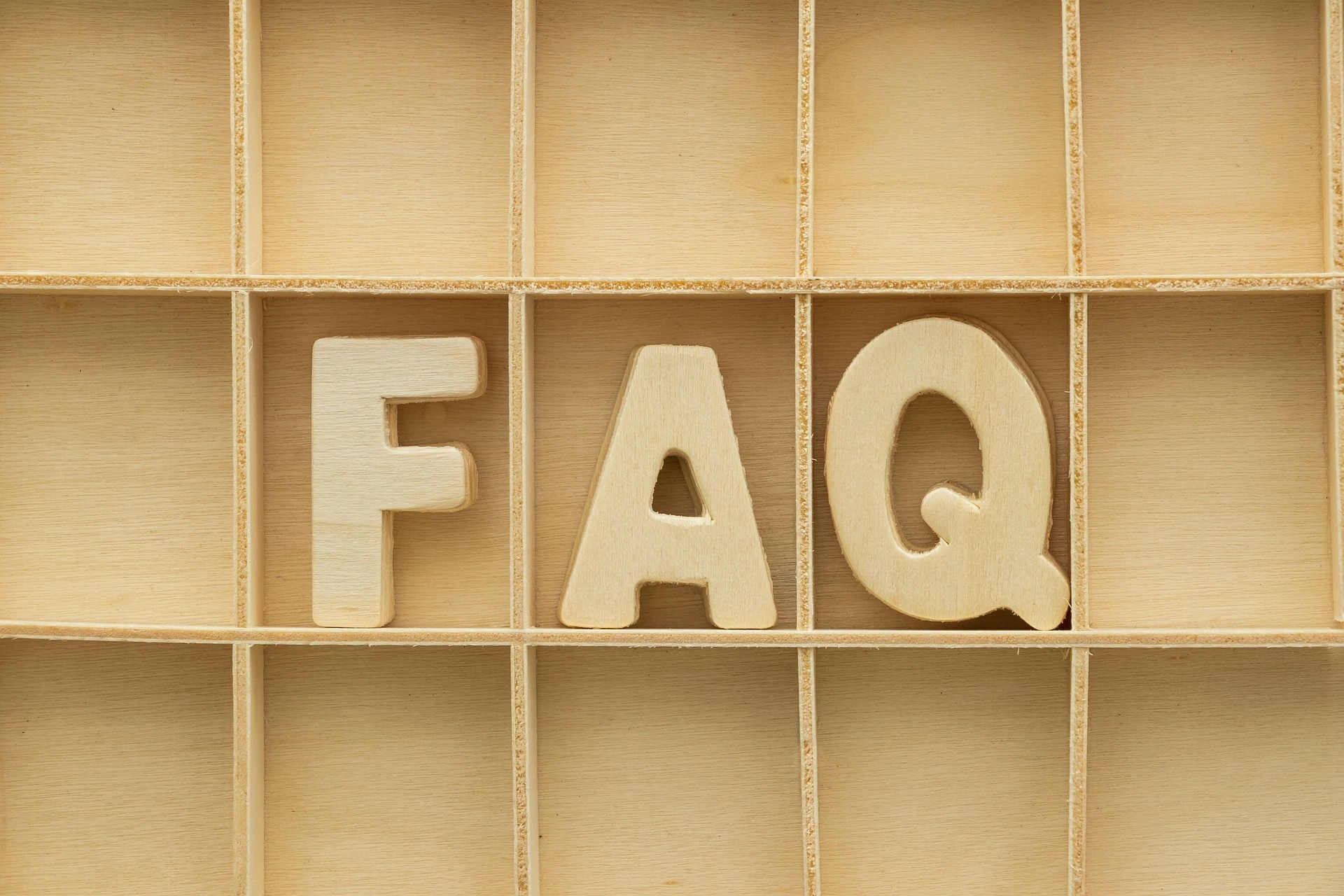
FAQs
Q: How can effective time management benefit lab professionals?
A: Effective time management allows lab professionals to enhance productivity, meet deadlines, and achieve work-life balance.
Q: What is the Eisenhower Matrix?
A: The Eisenhower Matrix is a time management tool for prioritizing tasks based on their importance and urgency.
Q: How can lab professionals minimize distractions in the lab environment?
A: Lab professionals can minimize distractions by identifying common sources, such as social media notifications, and taking steps to eliminate or reduce them.
Q: Why is delegation important for lab professionals?
A: Delegation allows lab professionals to distribute workload, save time, and utilize the expertise of their colleagues or team members.
Q: How can lab professionals overcome procrastination tendencies?
A: Lab professionals can overcome procrastination by adopting a proactive mindset, breaking tasks into smaller portions, and utilizing time management techniques.

